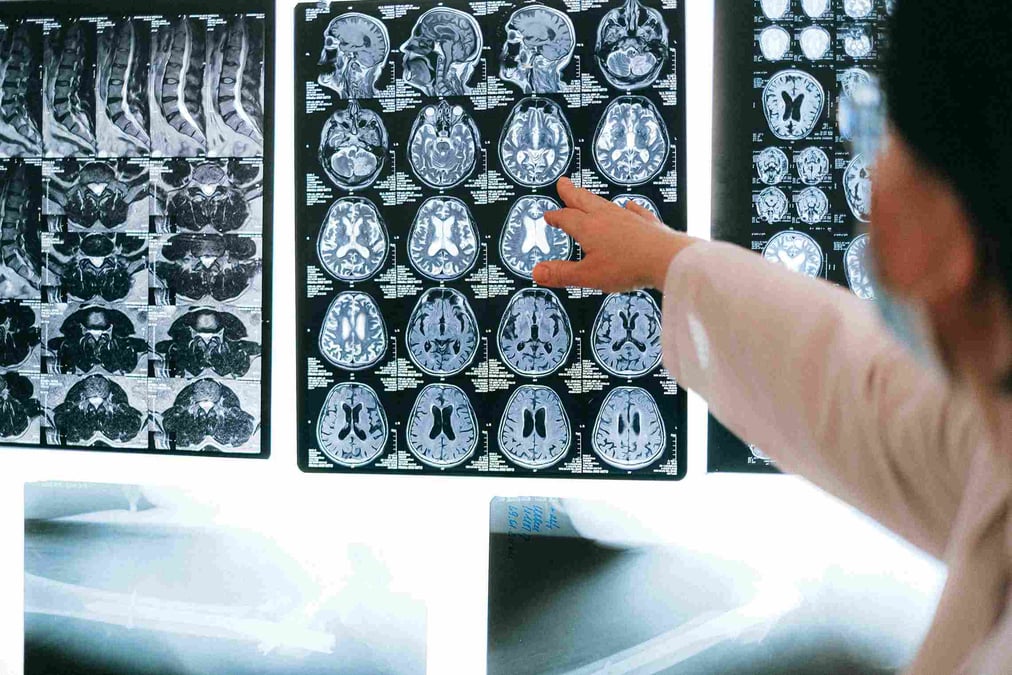How neuroplasticity intervenes with cognitive health for healthcare marketers
Table of contents
Neuroplasticity, or the ability for neurons to create new or stronger connections, can improve cognitive skills. Neuroplasticity is the practice of repeating certain skills, such as languages, instruments, or vocabulary, until the mind can confidently recall this information and use it accordingly.
In terms of scent, practicing olfactory (smell) training can improve cognitive abilities in older adults, even offsetting the symptoms of conditions such as dementia. 50% of adults over the age of 65 have olfactory deficits, while over 80% of adults 80 and older have faulty olfactory abilities, as well. This lack of smell recognition not only leads to poorer cognitive abilities, but it also contributes to the fact that elderly people are more likely to be harmed by fire or poisoned by rotten food.
Olfactory training
Scent training requires at least three months of practice for older adults. It includes the use of poignant smells, such as flowers, lemons, and fruity scents. Over time, the goal is to have the mind more readily recognize the scent and distinguish what the source is. This training also improves the ability to recognize words with certain categories, called verbal fluency. In comparison to brain exercises such as Sudoku, smell training was better at improving this word association in elders.
Scientifically, scents experience a complex routine by the time they reach the brain. For example, when the scent of a rose is inhaled the information regarding this scent is sent to multiple areas of the brain, including the olfactory bulb and olfactory cortex, the hippocampus, the thalamus and the orbitofrontal cortex. Receptors in the olfactory system that remember the scent will then tell the brain what it is smelling. For this reason, smelling is considered a cognitive skill.
Search









